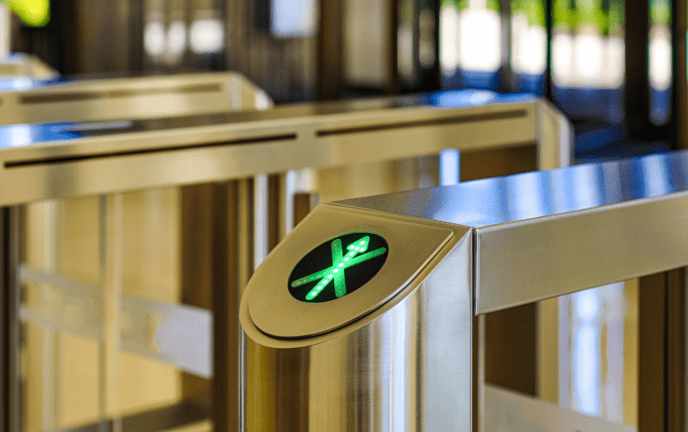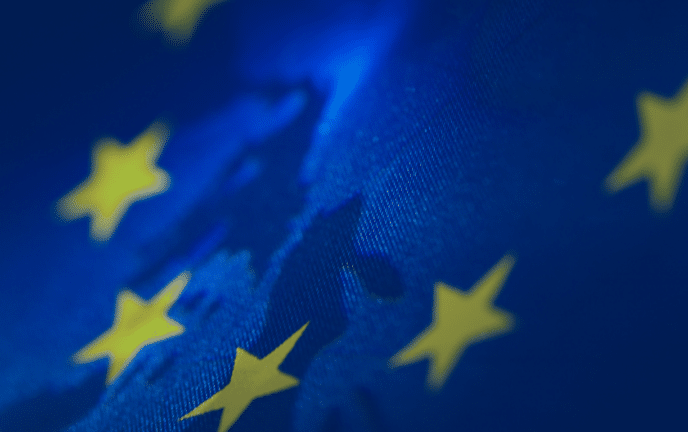The recent endorsement of artificial intelligence (AI) by Dutch Health Minister Fleur Agema marks a significant milestone in the ongoing evolution of healthcare*. By highlighting the transformative potential of AI, Minister Agema is signaling a future where technology plays a pivotal role in addressing some of the most pressing challenges faced by the healthcare sector today. Her enthusiasm is mainly focused on how AI can alleviate the heavy administrative burden on healthcare professionals, allowing them to devote more time to patient care. This development is not only welcomed but also necessary.
*Source: de Telegraaf
The unmatched potential of AI in healthcare
In the fast-paced world of healthcare, the administrative demands placed on professionals are substantial. These tasks, while essential, often divert time and attention away from what truly matters: patient care. AI presents a solution by automating routine processes, such as data entry, appointment scheduling, and even preliminary diagnostics. This shift enables healthcare workers to focus on their primary responsibility—providing high-quality care to patients.
Beyond reducing administrative workload, AI’s potential in healthcare is vast. It can assist in predictive analytics for patient outcomes, streamline treatment planning, and even help in early diagnosis through advanced imaging technologies. The integration of AI is not just about efficiency; it’s about enhancing the overall quality of healthcare, ensuring that patients receive timely and precise care tailored to their specific needs.
The integration of AI in healthcare is not just about efficiency; it’s about fundamentally shifting the focus back to what truly matters—patient care. By significantly reducing the administrative burden on healthcare professionals, AI frees up valuable time and resources that can be redirected toward direct patient interactions and improved clinical outcomes. This shift is critical, as it allows healthcare providers to spend more time with patients, ensuring that care is personalized and timely.
Moreover, AI introduces a new, unified framework for healthcare, transcending the fragmented standards and languages currently in use. With AI, diverse healthcare systems can communicate more effectively, creating a cohesive, overarching language that bridges gaps and simplifies processes across the board. This unification not only enhances interoperability but also ensures that healthcare providers have access to the most accurate and up-to-date information, further improving the quality of care.
The critical challenge: data security
However, the rapid adoption of AI in healthcare comes with challenges, the most significant of which is data security. As healthcare providers increasingly rely on AI-driven systems, handling sensitive patient information becomes more complex and vulnerable to breaches. The recent warnings from the Dutch privacy watchdog, Autoriteit Persoonsgegevens, underscore the risks associated with AI, mainly when it involves sensitive medical data. Cases where personal health information has been compromised have raised valid concerns about the security of these systems.
In a sector where trust is paramount, maintaining the integrity and confidentiality of patient data is non-negotiable. The very success of AI in healthcare hinges on the ability to implement these technologies without compromising data security. This is the bottleneck that must be addressed for AI to revolutionize the industry truly.
Bridging the gap: secure AI implementation
Fortunately, some solutions enable AI’s safe and effective implementation in healthcare, ensuring that data security is not sacrificed in pursuing technological advancement. One such solution is using secure, customizable AI platforms designed to meet the stringent requirements of healthcare data protection.
Our solution, Relai, is at the forefront of this movement, offering a secure AI platform prioritizing data confidentiality and integrity. We partnered with the Dutch Healthcare Institute to pilot their AI-driven solutions. This partnership focuses on reducing administrative burdens, improving decision-making processes, and ultimately enhancing patient outcomes—all while ensuring that patient data remains secure and compliant with privacy regulations.
Relai’s approach includes using blockchain technology to ensure transparency and traceability and customizable environments that give healthcare providers full control over their data. This ensures that the benefits of AI can be realized without exposing sensitive information to unnecessary risks.
Looking ahead: a bright future for AI in healthcare
The Dutch Health Minister’s recent support for AI in healthcare is a positive and encouraging sign for the future. With the right tools and partnerships, data security challenges can be overcome, allowing AI to fulfill its potential in transforming the healthcare landscape. The excitement surrounding these developments is palpable, and as we continue to explore the possibilities, Minister Agema’s words provide reassurance that the integration of AI into healthcare is not only inevitable but also well-supported by those at the helm.
As we move forward, our collaboration with the Dutch Healthcare Insititute will be crucial in ensuring that the adoption of AI is both responsible and beneficial. The journey is just beginning, and with strong support from industry and government leaders, healthcare’s future looks brighter than ever.





